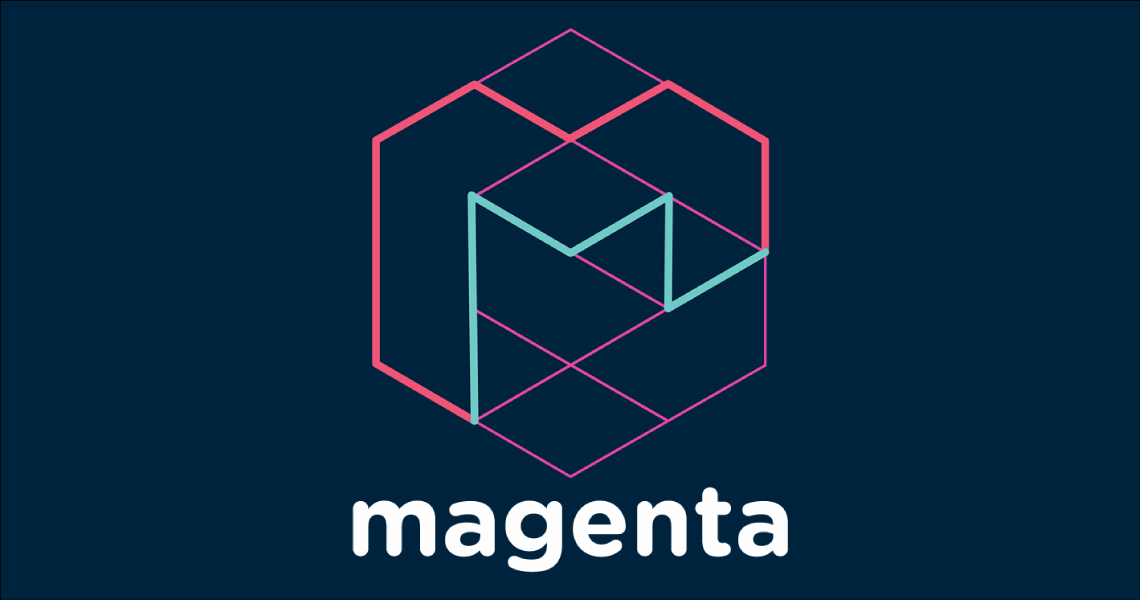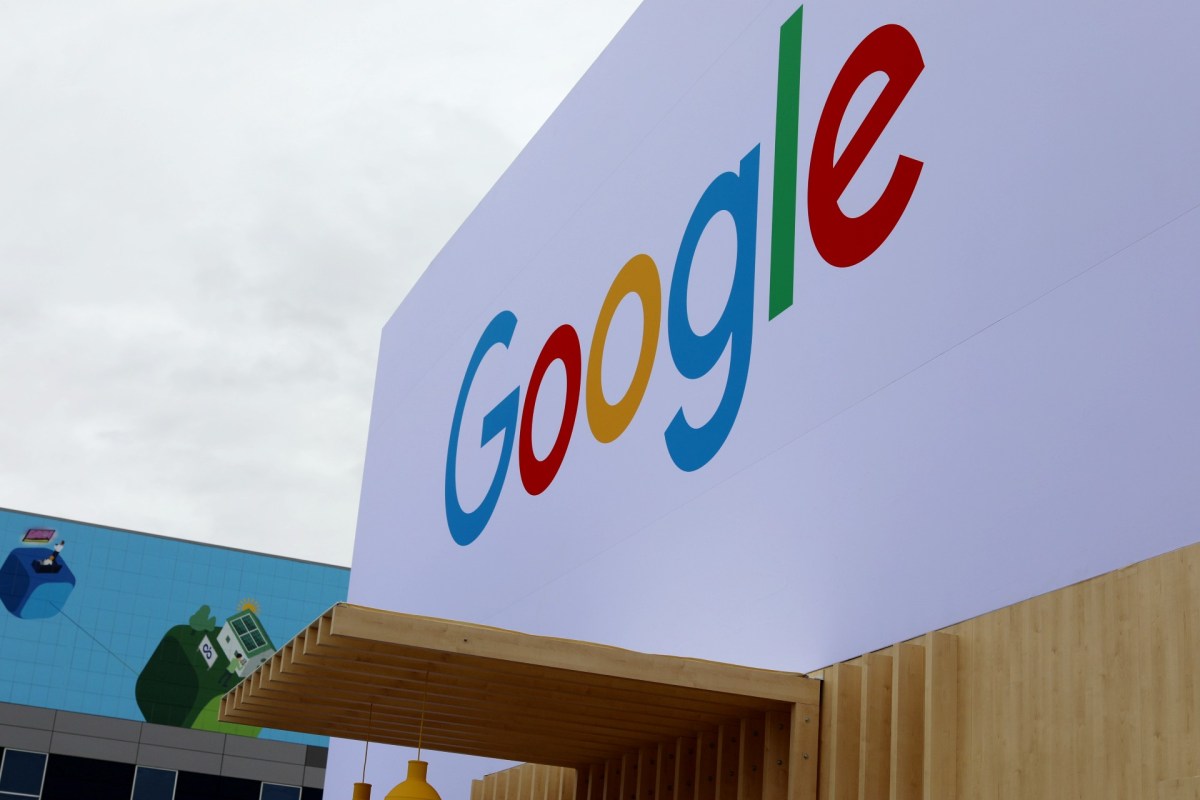This article is a little different from what we publish on this page, as it is based on a question from a fan of singer Nick Cave in 2019 on his blog The Red Hand Files. Here, Cave was asked if AI could ever write a good song. Meanwhile, another fan in 2023 has asked ChatGPT to write a new song in the style of Nick Caves.
When we address the question here at Viden.AI, it is because it is relatable to most educators. At some point, we will face the same question: Will artificial intelligence be able to write better texts than us? I think Nick Cave has some good points that I would like to make in this article.
Artificial intelligence as a songwriter
Interestingly, artificial intelligence can be a sparring partner when an artist needs to make new music. For example, there is a very nice example where an AI Bot has taken inspiration from Metallica and then written the song "Deliverance Rides". To write the song, data scraping (a method of retrieving the raw data from a website) was done by Genius Lyrics. Genius Lyrics This data has been used to train a simple artificial intelligence, and the result is a lyric that Metallica could have written. However, it does not make much sense. Assess for yourself:
Beaten down and destroy
Dead sure she'll never you betray
Hell is the one who waits for you
Now I roam The world all alone
Bound by the leather steeds they ride
Crown yourself the world and tired
Dying, one who waits for you
No, there's no longer cares
I'm the sun
I'm insane
Yes she'll never love
Never me
So let it be
Obey your eyes
Death! Deliverance rides
yes-yes, yo!
The song comprises many fragments from Metallica's many records, and it sounds pretty good. However, the text does not work as a text itself nor in relation to the music.
The above example is from 2020; quite a lot has happened since then.
Generating music from text (T2S)
The newly launched Google's MusicLM can turn text into sound like DALL-E can turn text into images. Interestingly, you can build songs from sentences, and the program can make transitions between the inputs the user gives.
Here's an example from Story mode in MusicLM, where the song is structured using the following lyrics:
- time to meditate (0:00-0:15)
- time to wake up (0:15-0:30)
- time to run (0:30-0:45)
- time to give 100% (0:45-0:60)
Listen and decide if you can hear the changes in the music. Also, assess whether the music fits the sentences above.
There are a lot of examples on MusicLM's website, but now you cannot interact with the program yourself. However, we are seeing new opportunities to make music with artificial intelligence. But what does this mean for the musicians?
Artificial intelligence will always be a replication of previous songs
The artificial intelligence imitates a style and makes endless repetitions, intending to make music adapted to the person and their moods and desires. But the question is, do we need it at all? And won't it be very boring music in the long run?
It could perhaps in time create a song that is, on the surface, indistinguishable from an original, but it will always be a replication, a kind of burlesque.
Nick Cave believes that creating something brilliant requires a personal journey through life, a clear goal, and a sense of being present in the world. (See Cave's post on artificial intelligence at the bottom of this article.) This is something that no artificial intelligence will be able to fulfill, nor should it. He emphasizes some important points in the ongoing debate on artificial intelligence that we can easily forget when the technology is developing quickly. Due to the fascination with artificial intelligence, many expect it will soon be able to take over a lot of different jobs. But Nick Cave points out that we must not forget that the products generated by artificial intelligence do not have a consciousness behind them and are only created to imitate. Art is created when you challenge your abilities and manage to overcome and expand your limits.
It is not just about the individual work but about the person behind it, the perceived context, and the process of creating it. According to Nick Cave, precisely the artist's limitations make the songs good.
Listen to the last part of Nick Cave's blog post as music: So, to answer your question, Peter, AI would have the capacity to write a good song, but not a great one. It lacks the nerve.
Will artificial intelligence be able to write better texts than humans?
Maybe in the long run. The artificial intelligence writes texts from the data set it is trained with, and some versions can retrieve information from the web. All this data is processed based on an algorithm, and subsequently, the data soup is used to assemble new texts. But if you look at the lyrics, there is a lack of creativity, originality, and depth, which only human experience and insight can provide. In the future, artificial intelligence may become so good that humans will be overtaken, but right now, it is a gray mass of words spit out – without nerve!

PETER, LJUBLJANA, SLOVENIA
In Yuval Noah Harari’s new book 21 Lessons for the 21st Century, he writes that Artificial Intelligence, with its limitless potential and connectedness, will ultimately render many humans redundant in the workplace. This sounds entirely feasible. However, he goes on to say that AI will be able to write better songs than humans can. He says, and excuse my simplistic summation, that we listen to songs to make us feel certain things and that in the future AI will simply be able to map the individual mind and create songs tailored exclusively to our own particular mental algorithms, that can make us feel, with far more intensity and precision, whatever it is we want to feel. If we are feeling sad and want to feel happy we simply listen to our bespoke AI happy song and the job will be done.
But, I am not sure that this is all songs do. Of course, we go to songs to make us feel something — happy, sad, sexy, homesick, excited or whatever — but this is not all a song does. What a great song makes us feel is a sense of awe. There is a reason for this. A sense of awe is almost exclusively predicated on our limitations as human beings. It is entirely to do with our audacity as humans to reach beyond our potential.
It is perfectly conceivable that AI could produce a song as good as Nirvana’s “Smells Like Teen Spirit,” for example, and that it ticked all the boxes required to make us feel what a song like that should make us feel — in this case, excited and rebellious, let’s say. It is also feasible that AI could produce a song that makes us feel these same feelings, but more intensely than any human songwriter could do.
But, I don’t feel that when we listen to “Smells Like Teen Spirit” it is only the song that we are listening to. It feels to me, that what we are actually listening to is a withdrawn and alienated young man’s journey out of the small American town of Aberdeen — a young man who by any measure was a walking bundle of dysfunction and human limitation — a young man who had the temerity to howl his particular pain into a microphone and in doing so, by way of the heavens, reach into the hearts of a generation. We are also listening to Iggy Pop walk across his audience’s hands and smear himself in peanut butter whilst singing 1970. We are listening to Beethoven compose the Ninth Symphony while almost totally deaf. We are listening to Prince, that tiny cluster of purple atoms, singing in the pouring rain at the Super Bowl and blowing everyone’s minds. We are listening to Nina Simone stuff all her rage and disappointment into the most tender of love songs. We are listening to Paganini continue to play his Stradivarius as the strings snapped. We are listening to Jimi Hendrix kneel and set fire to his own instrument.
What we are actually listening to is human limitation and the audacity to transcend it. Artificial Intelligence, for all its unlimited potential, simply doesn’t have this capacity. How could it? And this is the essence of transcendence. If we have limitless potential then what is there to transcend? And therefore what is the purpose of the imagination at all. Music has the ability to touch the celestial sphere with the tips of its fingers and the awe and wonder we feel is in the desperate temerity of the reach, not just the outcome. Where is the transcendent splendour in unlimited potential? So to answer your question, Peter, AI would have the capacity to write a good song, but not a great one. It lacks the nerve.
Love, Nick
Kilder








/cdn.vox-cdn.com/uploads/chorus_asset/file/24016888/STK093_Google_01.jpg)















